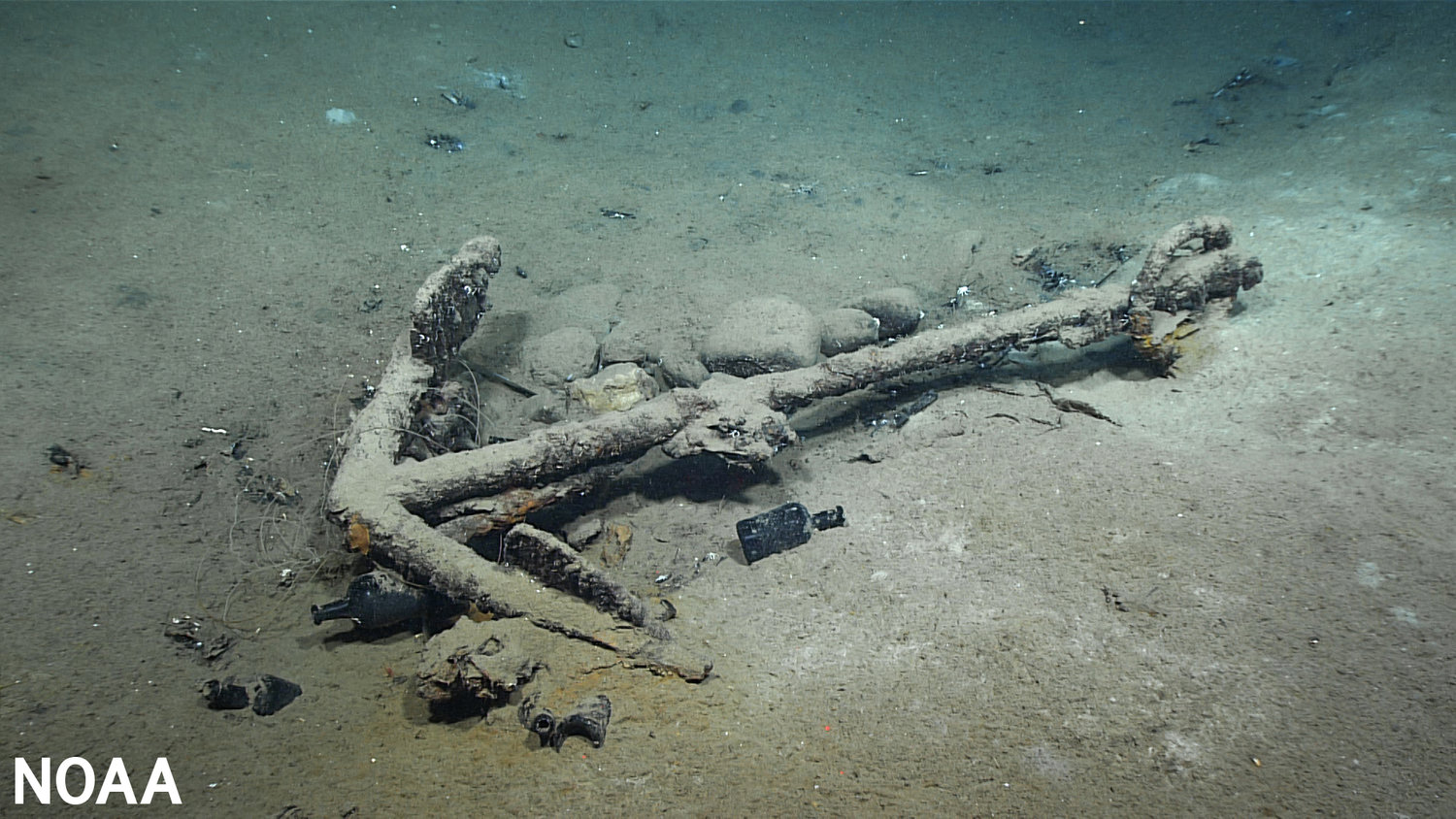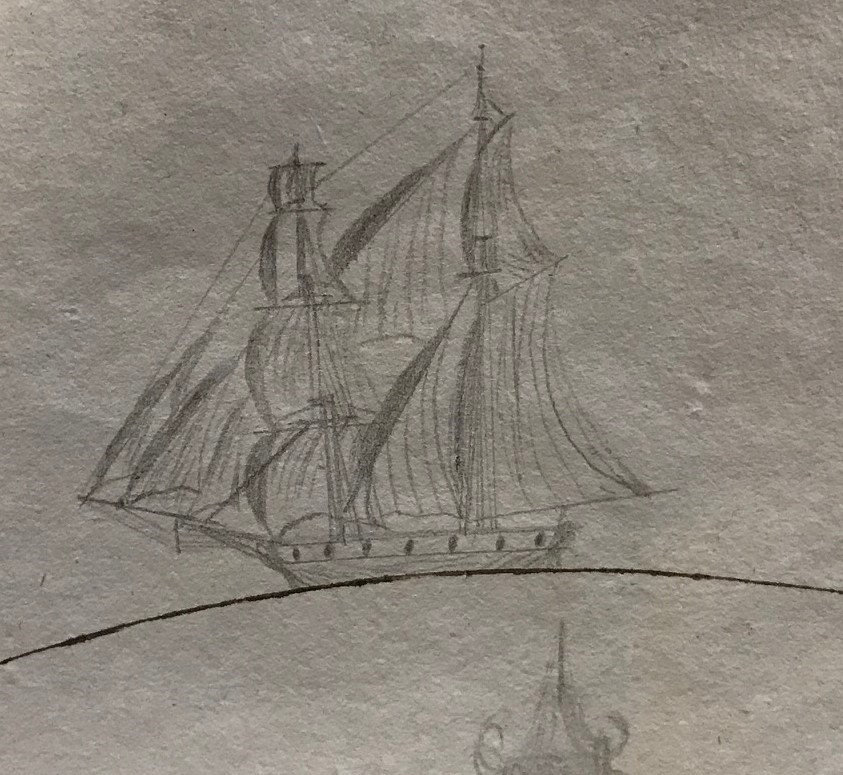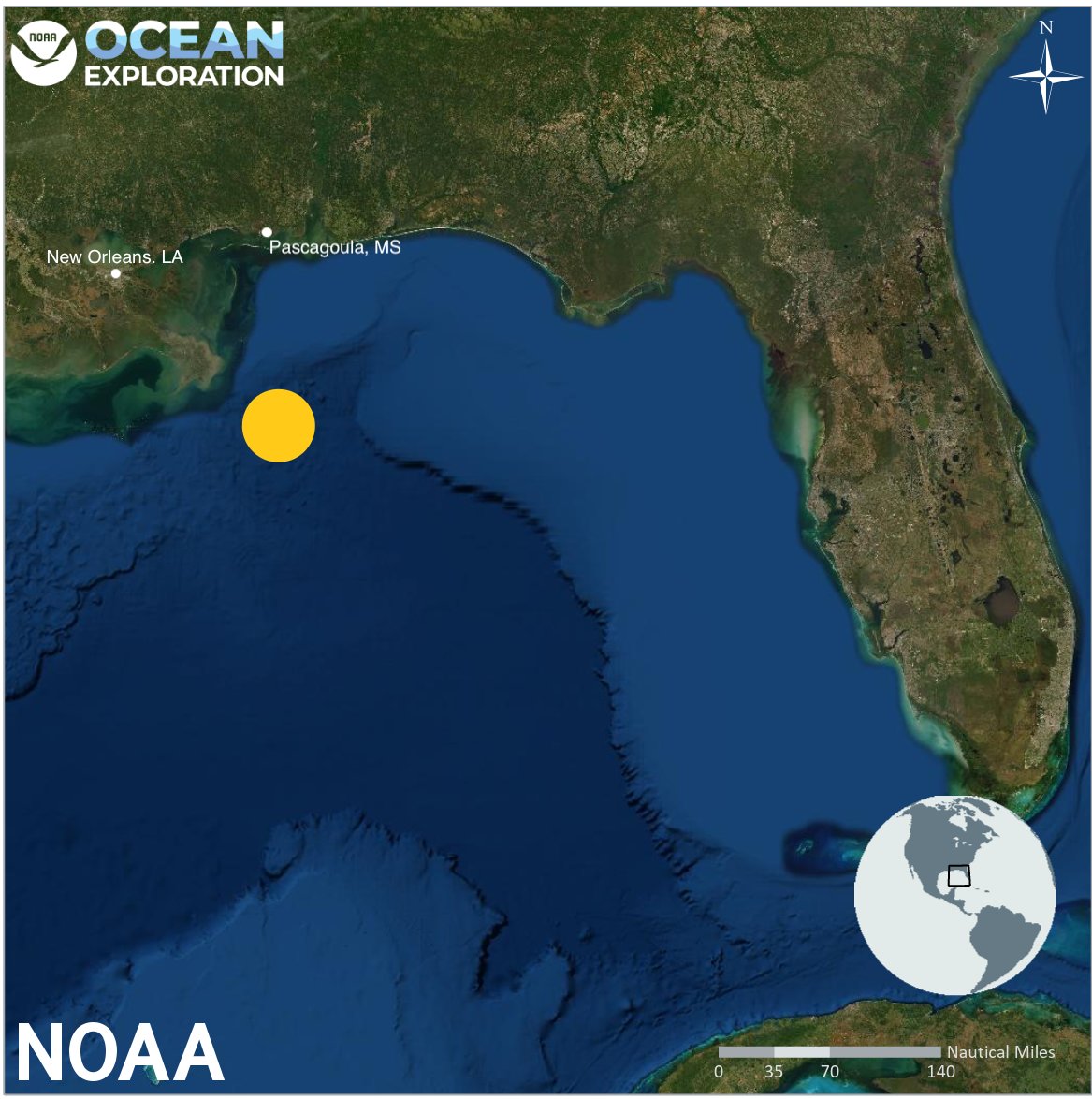Westport whaling ship found in Gulf of Mexico after 186 years
Industry has ties to Paul Cuffe, one of Westport's most important early citizens
The wreck of a Westport whaling ship lost more than 180 years ago has been found 6,000 feet deep in the Gulf of Mexico, the National Oceanic Atmospheric Administration (NOAA) and its partners …
This item is available in full to subscribers.
Please log in to continue |
Register to post eventsIf you'd like to post an event to our calendar, you can create a free account by clicking here. Note that free accounts do not have access to our subscriber-only content. |
Day pass subscribers
Are you a day pass subscriber who needs to log in? Click here to continue.
Westport whaling ship found in Gulf of Mexico after 186 years
Industry has ties to Paul Cuffe, one of Westport's most important early citizens
The wreck of a Westport whaling ship lost more than 180 years ago has been found 6,000 feet deep in the Gulf of Mexico, the National Oceanic Atmospheric Administration (NOAA) and its partners announced Tuesday.
The 64-foot whaling brig Industry, built in Westport in 1815, has ties to noted Westport philanthropist, abolitionist and businessman Paul Cuffe, the son of a freed slave father and Wampanoag mother. His son William served as navigator and his son-in-law Pardon Cook was an officer.
Industry hunted whales throughout the Atlantic, Caribbean and Gulf of Mexico for 20 years before she lost a mast and sank in the summer of 1836 about 70 miles off the mouth of the Mississippi River. The wreck was found Friday, Feb. 25, by a remote ROV dropped from the NOAA ship Ikeanos Explorer. Onshore, partners James Delgado, Ph.D., the senior vice president of SEARCH Inc., Scott Sorset, a marine archeologist with the U.S. Bureau of Ocean Energy Management, and Michael Brennan, Ph.D., also of SEARCH Inc., linked remotely to the explorers .
An oil company found an unexpected target at the site in 2011, but the site had never been fully explored. However,researchers suspected it could be the Industry, the only whaling ship known to have been lost in the Gulf of Mexico among 214 voyages recorded from the 1780s through the 1870s, NOAA said.
While it was known that Industry was salvaged by the crew of another Westport ship, the fate of its crew had long remained a mystery. But working with NOAA partners, Robin Winters, a librarian at the Westport Free Public Library, found a June 17, 1836 article in the Nantucket Inquirer and Mirror that reported that the crew was picked up by another Westport ship, Elizabeth, and all made it home safely to Westport.
“This was so fortunate for the men onboard,” said Delgado, who worked closely with Winters and several other local historians to confirm the identity of the wreck.
“If the black crewmen had tried to go ashore, they would have been jailed under local laws. And if they could not pay for their keep while in prison, they would have been sold into slavery.”
Images captured by the ROV show Industry's clear outline on the silty ocean bottom, three anchors, the tryworks, a cast iron stove with two large kettles used to render whale blubber into oil, and other artifacts, including bottles.
“That there were so few artifacts on board was another big piece of evidence it was Industry,” said Sorset. “We knew it was salvaged before it sank.”
Cuffe
The discovery comes as some Westport citizens call on the town to create a fitting memorial for Cuffe, one of Westport's leading citizens and a champion for racial justice, education and freedom of religion whose influence spread well past his home town.
Cuffe, who died at age 58 in 1817, built the first integrated school in the United States in Westport, and for many years was a leading businessman, ship builder, captain and abolitionist. A philanthropist and deeply religious man, he was instrumental in the construction of the Friends Meeting House, which still stands on Main Road.
Cuffe used his ships for more than just commerce, and he was among the leaders of a project to repatriate freed blacks to a colony in Africa.
While the crew list was lost, lists of crews from previous Industry voyages describe crew members and officers as including black people, Native Americans, white people and multiracial people.
“Finding the Industry is an amazing opportunity to tell a much fuller story of Paul Cuffe’s accomplishments as a whaling captain, businessman and social activist bent on finding a way to end the slave trade,” said Lee Blake, the president of the New Bedford Historical Society, who played a role in the development of the Captain Paul Cuffe Park.
“This 19th century whaling ship will help us learn about the lives of the Black and Native American mariners and their communities, as well as the immense challenges they faced on land and at sea.”1800s,” said NOAA Administrator Rick Spinrad, Ph.D.
“The discovery reflects how African Americans and Native Americans prospered in the ocean economy despite facing discrimination and other injustices.”
Note: This story was excerpted from and based on a detailed NOAA press release.















